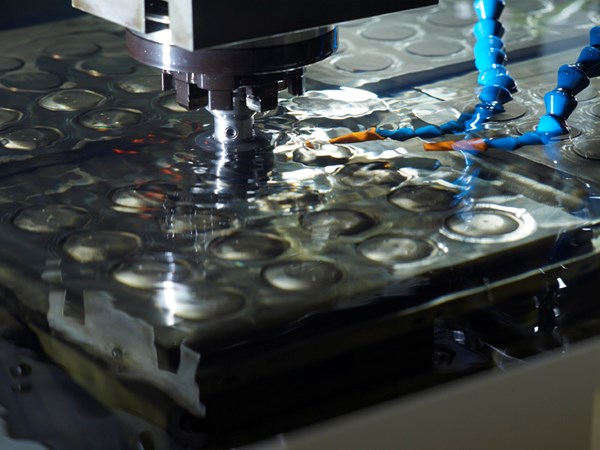Perfect Plastics Parts
It's not too often I come across a molder/moldmaker that knows how to market itself as well as set itself up as an "educator" to its current and potential customers. The Rodon Group is one such company and via their blog they share their top four factors for producing perfect plastic parts.

It's not too often I come across a molder/moldmaker that knows how to market itself as well as set itself up as an "educator" to its current and potential customers. The Rodon Group is one such company, and via their blog they share their top four factors for producing perfect plastic parts.
Here they are straight from their post:
Mold design: Often problems arise at the very beginning of a project. You may have drawings and even a prototype, but without the expert advice of design engineers who understand how to optimize an injection mold, you may experience costly defects and delays. Designers should begin their careers as toolmakers before gaining the knowledge and experience needed in CAD/CAM systems to become engineers. Their expertise makes a design team qualified in the industry to build molds that will perform at the highest production levels. Design engineers should conduct a Design for Manufacturability (DFM) analysis to ensure parts meet the highest quality standards.
Resin selection: Choosing the right material for a project is one of the most important factors in creating perfect parts. The advances in polymer science have helped create a wide variety of resins to choose from based on the final application of the part. It is important to work with an injection molder that has experience with a wide range of resins and applications including resins that are compliant with FDA, RoHS, REACH and NSF.
Mold building and testing: Without careful attention to mold design, the end product may be non-conforming. It is important to create molds that accommodate enough draft for the selected resin and finish, for example. Your supplier should create pre-production molds. These molds offer several benefits to the design and manufacture process. They are single-cavity molds that are created using the same 3D software and tools as production molds; however they are made with less durable metal and steel. Pre-production molds can be modified to help determine the best production solution for the project including finishes and coloration. Various resins can also be “tested” in this environment. Alternatively, SLA models can be created using 3D printers, though these parts cannot be used as pre-production samples can.
Production and quality: Once the multi-cavity production molds are completed, a full cycle of samples are produced and checked for the quality standards outlined by the client. Adjustments are made as required before full production begins. Quality checks continue throughout the part production process.
Visit Rodon Group here.
















